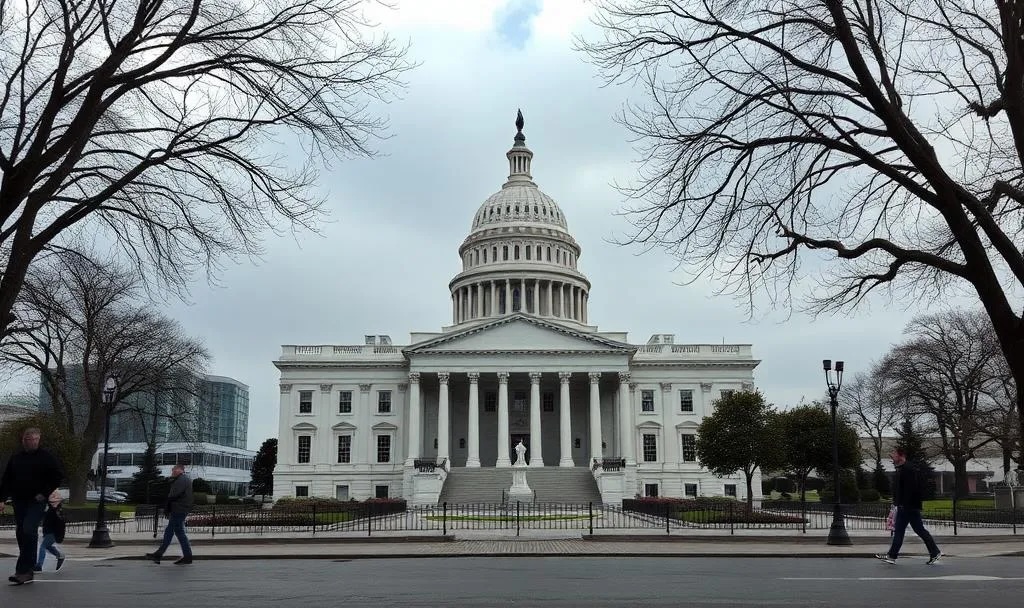The state is a man-made entity; it must be regulated.
Let us begin by unlearning what the state is not. The state is not a mythical Leviathan born of fear and fire. It is not a monolith towering above its people, immutable and untouchable. It is not the divine property of kings, generals, or clerics. And it is not the natural inheritance of any one race, religion, family, or faction. The state—every inch of it, from legislature to local police—is a human creation. Its institutions are built by people, its laws are written by hands, and its errors, therefore, are subject to judgment, correction, and reform.
To treat the state as sacred is to shield it from scrutiny. To treat it as family is to excuse its dysfunctions in the name of loyalty. These are not virtues; they are mechanisms of political decay. The state must not be worshipped—it must be examined. Dissected. Diagnosed. This is the foundation of the Medical Approach to Peace—a framework that regards the state as an organism, its institutions as organs, its laws as medicine, and its conflicts—its dysfunctions—as disease.
But beneath all these organs lies something more fundamental: the market. It is the basic unit of political life rivaling the cell in biology. Every institution is made of it, and every right, role, or rule must be traced back to the logic of the market.
The State as an Organism
The state, like the human body, functions through the specialization of its parts. Each institution plays a unique role. When functioning properly, they coordinate to preserve peace, health, and public order. When one organ fails, the entire body suffers.
- Legislature is the pharmaceutical enterprise—tasked with diagnosing the ailments of society and manufacturing laws as medicine. When it is unscientific, ideological, or corrupt, it produces poison.
- Executive is the head—directing the body’s actions, balancing external stimulus with internal coherence.
- Judiciary is the ear—it listens, interprets, and arbitrates conflicts, often between diseased and healthy tissue in the body politic.
- Press and universities are the lungs—they allow the public to breathe, speak, and think; when suppressed, society suffocates.
- Intelligence agencies are the eyes—but in a paranoid state, they hallucinate enemies where none exist.
- Constitution is the vaccine—a preventive medicine, designed to protect the body from authoritarian infection. But like all vaccines, it must be regularly updated to remain effective.
- Congressional committees and audit bodies are the kidneys—they filter toxins from circulation.
- Civil society, when informed, must act as a regulatory body—like the FDA. Its job is not to mimic the immune system but to ensure the quality of laws, the purity of enforcement, and the safety of democratic life.
The institutions of the state are not mystical organs. They are engineering feats made of political will, public values, and institutional design. And they decay—when neglected, politicized, or corrupted.
Market: The Basic Unit of Political Life
Just as organisms are composed of cells, the political order is composed of markets. Each market—whether political, economic, religious, or cultural—has producers, consumers, values, and goods. Political institutions are nothing more than highly evolved configurations of these markets. They extract value (taxes, votes, consent) and deliver goods (security, justice, peace). When the balance breaks, tyranny emerges.
To govern is to regulate markets. And a constitution is the supreme regulatory code—a vaccine—against concentration of power, abuse of force, and domination of one market actor over others.
How to Hold the State Accountable
Accountability is not moralism. It is engineering. To hold the state accountable is to restructure its architecture and recalibrate its incentives. This can be done through:
- Functional Institutions:
No institution should be both judge and defendant, regulator and participant. Legislators must not write the rules by which they remain in power. Police must not police themselves. All arms of the state must be distinct, independent, and externally regulated. - Just Laws:
Law, like medicine, must be indicated, precise, and tested. Unjust laws—those that serve a group at the expense of others—are toxic prescriptions. A law is just when it respects the dignity of the individual, preserves equity in the market, and operates transparently under scrutiny. - Empowered Oversight Bodies:
Internal watchdogs cannot be the sole guardians. Civil society, acting like the FDA, must be trained, funded, and granted legal standing to challenge dangerous legislation and corrupt governance. Investigative journalism, academic review, and public deliberation are tools of this regulatory process.
A Global Certification Body for States
In a globalized world, domestic failure is no longer a domestic matter. The collapse of democratic institutions in one state produces refugees, conflict, contagion, and authoritarian mimicry elsewhere. Yet the international order lacks a functioning regulatory regime for governance.
The United Nations, paralyzed by vetoes and beholden to autocracies, is unfit to perform this task. We need a Global Certification Body—a constitutional FDA—that performs the following functions:
- Evaluates the architecture of state institutions
- Certifies the quality of public goods
- Flags unjust laws and dysfunctional institutions
- Collaborates with civil society to resolve institutional dysfunction.
- Recommends sanctions, suspensions, or decertification of regimes that violate core democratic standards
This body will not wage war. It will wage oversight. It will not impose foreign ideologies. It will enforce universal principles of governance, rooted in the anatomy of the state itself.
Reclaiming the State
The goal is not to abolish the state but to heal it. Just as the body requires constant monitoring, so too does governance. Conflict is not inevitable. It is diagnosable. Injustice is not mysterious. It is measurable. Peace is not merely the absence of war—it is the presence of functional institutions, just laws, and market-respecting constitutions.
Let us stop treating states as sacred. Let us stop excusing their excesses as tradition. Let us reject the notion that sovereignty means immunity from accountability.
Instead, let us build states we can regulate. Institutions we can audit. Laws we can test. Constitutions we can upgrade.

